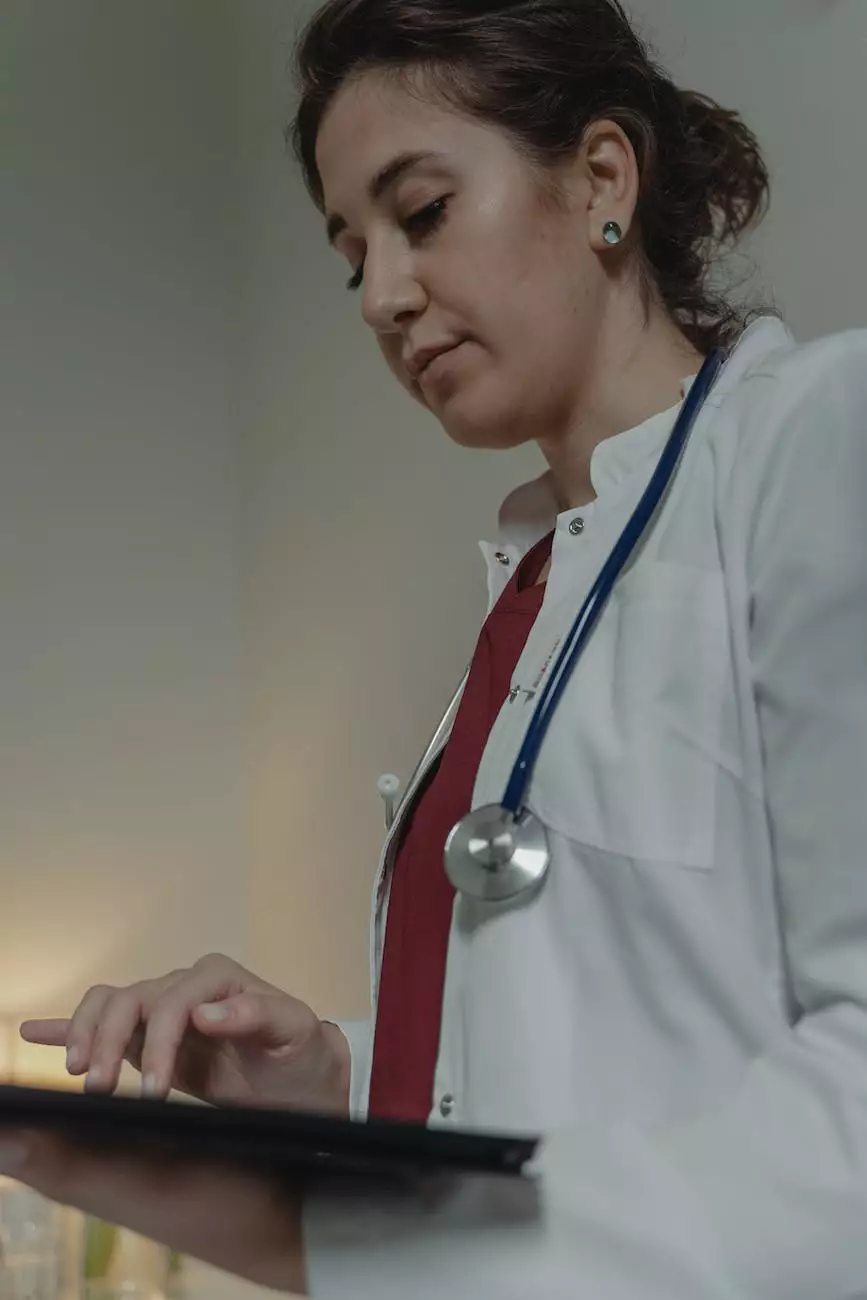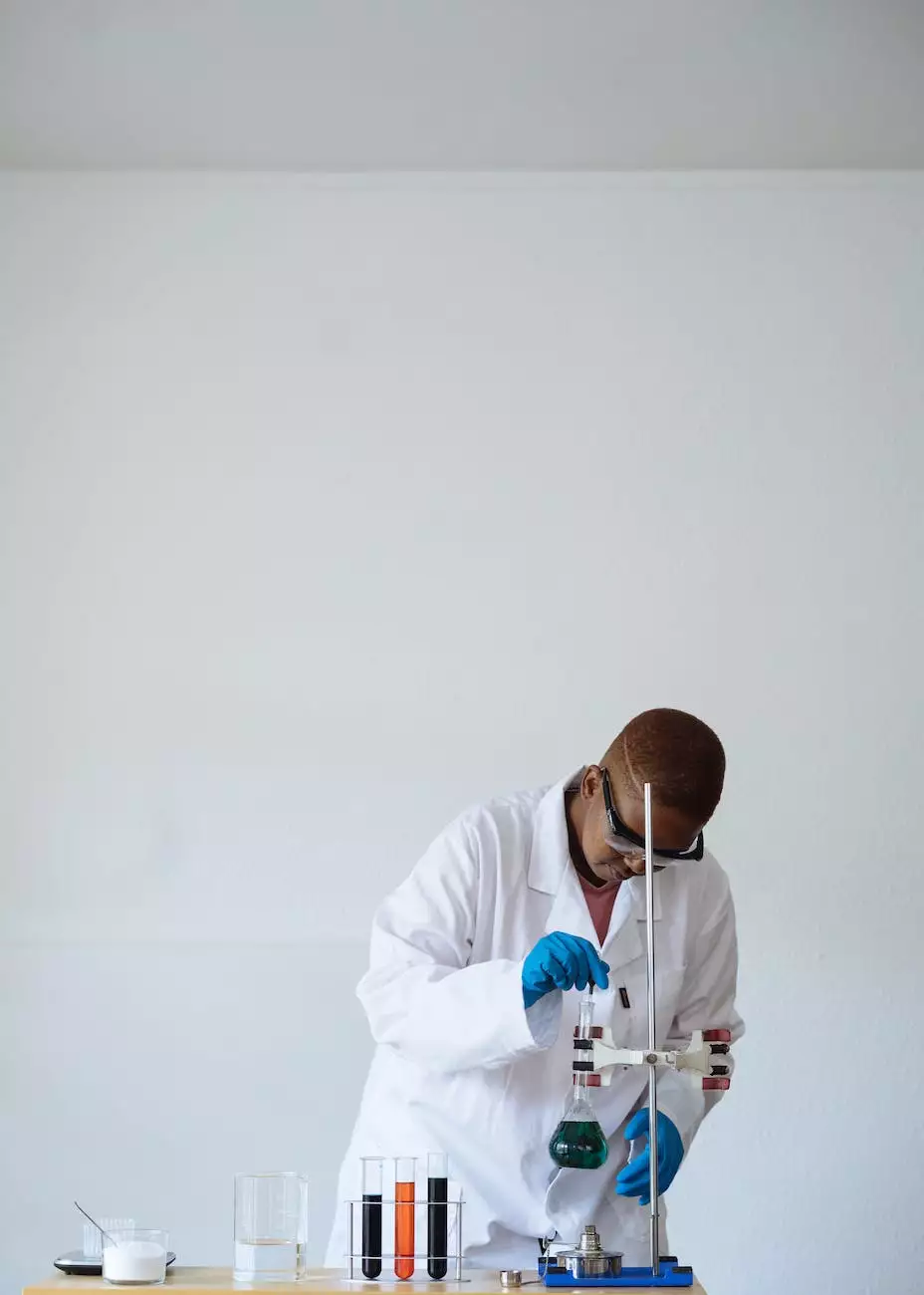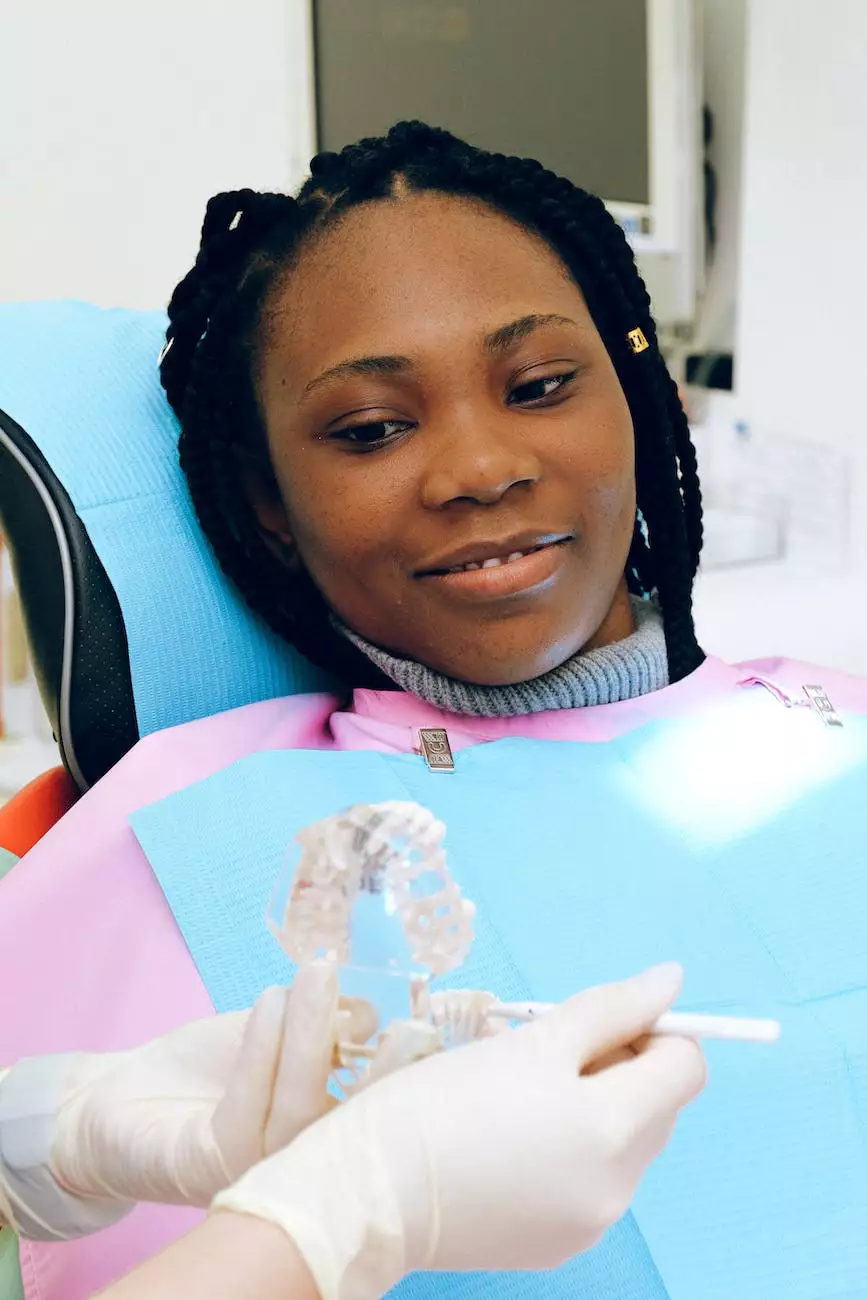Breast Cancer Screening [INFOGRAPHIC]
Breast Care
Introduction
Welcome to Richard Martinez, MD, where we prioritize your health and well-being. In this comprehensive guide, we delve into the topic of breast cancer screening. With our insightful information, you'll gain a deeper understanding of the importance of early detection and the different screening methods available. Read on to equip yourself with the knowledge needed to protect yourself against breast cancer.
Understanding Breast Cancer
Breast cancer is a type of cancer that forms in the cells of the breasts. It is one of the most common cancers among women, but it can also affect men. The key to reducing the impact of breast cancer is early detection. Regular screenings enable healthcare professionals to identify any abnormalities or signs of cancer at an early stage, improving the chances of successful treatment.
Importance of Breast Cancer Screening
Early detection of breast cancer through screening plays a crucial role in saving lives. Regular screenings help detect breast cancer in its early stages, when treatment options are more effective and the chances of survival are higher. By staying vigilant and prioritizing breast cancer screenings, you are taking a proactive approach towards safeguarding your health and well-being.
Screening Methods
1. Mammography
Mammography is the most common and widely used method for breast cancer screening. It involves taking X-ray images of the breasts, allowing healthcare professionals to identify any suspicious areas or abnormalities. Regular mammograms are recommended for women starting at a certain age or based on individual risk factors.
2. Clinical Breast Exam
A clinical breast exam is performed by a healthcare professional who examines your breasts for any signs of abnormalities or changes. This exam helps detect any lumps, changes in breast shape or size, or other irregularities that may indicate the presence of breast cancer.
3. Breast Self-Exam
Performing regular breast self-exams can help familiarize yourself with the normal look and feel of your breasts. By doing so, you'll be more likely to notice any changes or abnormalities. While breast self-exams are not a substitute for professional screenings, they are a valuable tool in early detection. If you notice any changes, it's important to consult with a healthcare professional for further evaluation.
4. Genetic Testing
In cases where there is a family history of breast cancer or other risk factors, genetic testing may be recommended. This test analyzes DNA to identify mutations in genes associated with an increased risk of breast cancer. Understanding your genetic predisposition can help healthcare professionals develop a personalized screening and prevention plan.
Screening Guidelines
It's essential to understand the recommended screening guidelines to ensure you receive proper care and early detection. However, it's important to consult with your healthcare provider to determine the most suitable screening schedule based on your individual risk factors.
1. Age Considerations
For most women, regular mammograms are recommended starting at the age of 40, or earlier if there are any risk factors present. However, individual circumstances may vary, and it's crucial to discuss this with your healthcare provider.
2. High-Risk Individuals
If you have a family history of breast cancer or certain other risk factors, such as genetic mutations, you may be considered high-risk. In such cases, your healthcare provider may recommend more frequent screenings or additional tests.
3. Follow-Up Recommendations
If any abnormalities or suspicious findings are discovered during screening, your healthcare provider will guide you through the necessary follow-up steps. This may involve further diagnostic tests, such as diagnostic mammograms, ultrasounds, or biopsies, to evaluate any potential issues.
Conclusion
Prioritizing breast cancer screening is a vital step in proactive healthcare. By understanding the different screening methods and guidelines, you can make informed decisions about your breast health. Remember, early detection is key, and regular screenings provide the best chance for successful treatment in the event breast cancer is detected. Take control of your health and consult with Richard Martinez, MD to develop a personalized breast cancer screening plan tailored to your needs.










